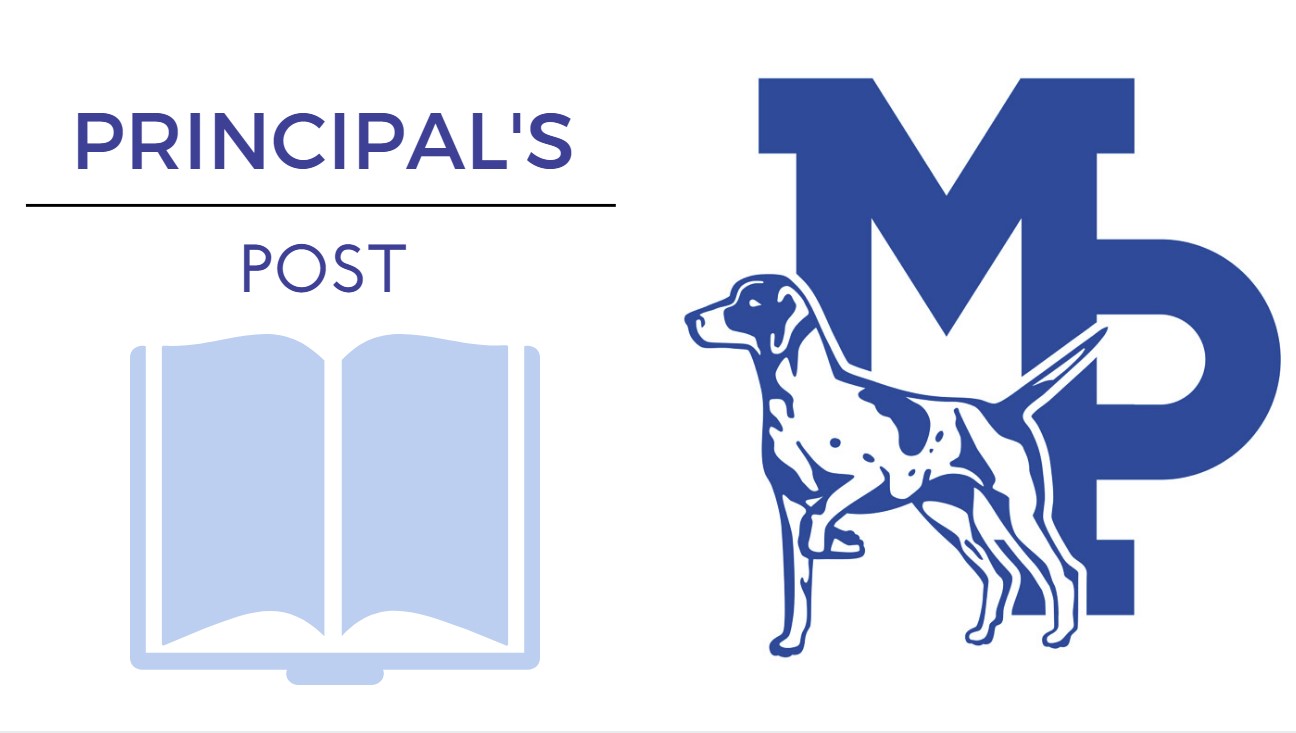
This post also served as part of my summer newsletter to staff. Our building goal this year is increase our collective knowledge around reading instruction; not to insinuate that we are lacking in this area, but rather to seek a common understanding about this discipline while continually advancing ourselves professionally. See you in September.
When it comes to buying groceries or deciding what to make for dinner, I find I am not always accurate in my selections. “Dad, you know I don’t like shrimp.” Well, I do now…
One area where I do feel confident in knowing the members of my family is what books they have read and what they might want to read next. I attribute this knowledge to the vast amount of titles available in our home, as well as to the frequency in which we discuss what we are reading. I’d like to think we would want this same type of environment within our classrooms. Beginning the year by organizing the room library is a smart way to start. So what’s next?
Conversation as a Means for Comprehension
Guiding students to talk about their reading with peers in small groups is a promising practice for building understanding of a text. W. Dorsey Hammand and Denise D. Nessel, authors of The Comprehension Experience: Engaging Readers Through Effective Inquiry and Discussion, offer several benefits of facilitating student conversations around what they are reading (pg. 87-89).
• Productive discussions enhance retention. “When students discuss what they are learning in their own words…they are more likely to retain the information and be able to retrieve it later.”
• Discussion shapes cognition. “Testing ideas in the public arena of a group leads leaders to think more rigorously.”
• Collaborative efforts enhance the breadth and depth of comprehension. “The group is less likely than the individual to miss something. Conversation yields more robust understanding for all.”
• Discussions change the culture of the classroom. “When student talk is encouraged, learners feel their ideas are being heard and respected.”
This list of benefits for text-based discussion is not exhaustive. The practice is also aligned with the Optimal Learning Model, our instructional framework for gradually releasing the responsibility of learning to the students; book club discussions are the shared and guided practice stage.
Like anything new, we learn with lots of modeling and practice. That is why we will be engaging in professional book studies for the first three months or so of our school year. The activities prepared and implemented for this professional learning can be applied to our own classrooms. An important takeaway from this experience may be learning how to teach students to interact effectively with others. It’s what community is built on.
MATT RENWICK
PRINCIPAL, ELEMENTARY SCHOOL
This is Matt’s nineteenth year in public education. He started as a 5th and 6th grade teacher in a country school outside of Wisconsin Rapids, WI. After seven years of teaching, Matt served as an assistant principal, athletic director, and building principal all in Wisconsin Rapids. As an elementary principal with the Mineral Point Unified School District, he enjoys working with students, staff, and families in a collective pursuit of lifelong learning.

